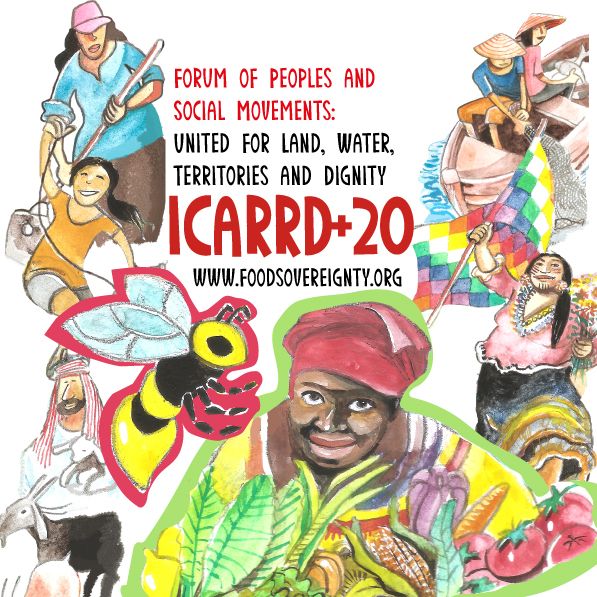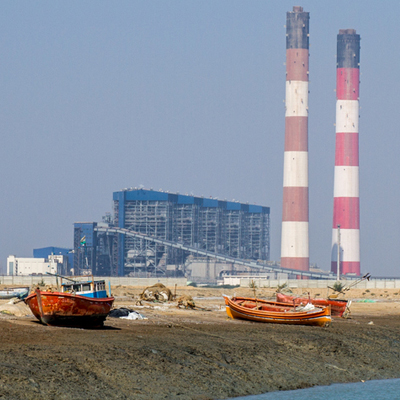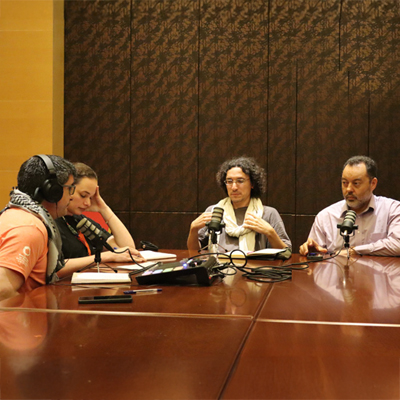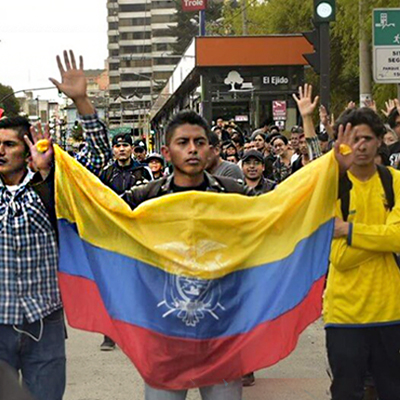Hopeful and alert
Interview with Eberto Díaz (Fensuagro Vía Campesina): analysis of the electoral outcome in Colombia
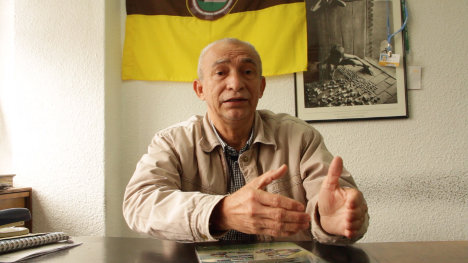 Fensuagro, unity and future after the elections
Fensuagro, unity and future after the elections
The election of pro-Uribe Iván Duque as new Colombian president was analyzed by the leader of Vía Campesina Colombia, Eberto Díaz, in an interview with RWR
The candidate of Centro Democrático obtained 54 % of votes against former Bogota Mayor Gustavo Petro, who promoted a wide range of social and political alternatives against the continuity of the right wing in office.
Eberto Díaz of Fensuagro, who was interviewed less than 24 hours after the outcome was known, expressed “satisfaction”, even though “the goal to win the presidency in the second ballot was not achieved”. But the silver lining is that “we had a historical number of voters”: more than eight million. This will be the basis for future electoral contests, such as the anticorruption consultation scheduled for October, he said.
The peasant leader also said that the defense of Colombian peasant and indigenous territories, as well as moors and rivers, will continue “opposing any counter-reform” that means a step back for the interests of peasants and rural workers.
Another of the lines of action, he said, will be constant pressure to force compliance with the Havanna peace agreements signed between the Colombian State and the Revolutionary Armed Forces (FARC) and the scope of new agreements with the insurgent forces of the National Liberation Army.
“President elect Iván Duque has stated that he wasn´t going to destroy the peace agreements and that he will respect them”, said Díaz in the interview.
In particular, Díaz made reference to the future relationship between Colombia and Venezuela led by Duque. “We need our government to understand that we can´t continue with this polarization. We seek respect among the people and an end to the murder of social leaders”.
“The Agrarian and Popular Summit is willing to make this happen, and for the votes for Petro to represent the basis of a convergence that in the future is able to achieve the changes that Colombia needs.”



